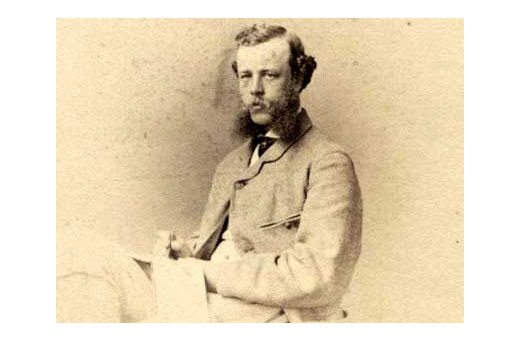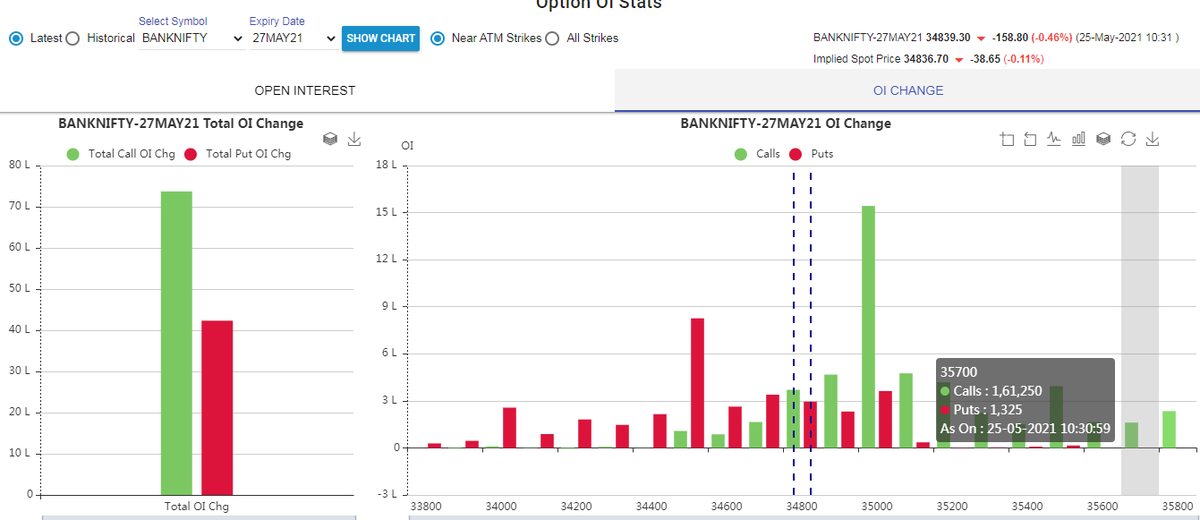2/
Accountancy is more likely to be mocked than celebrated (or condemned), but accountants, far more than poets, are the unacknowledged legislators of the world.
1/
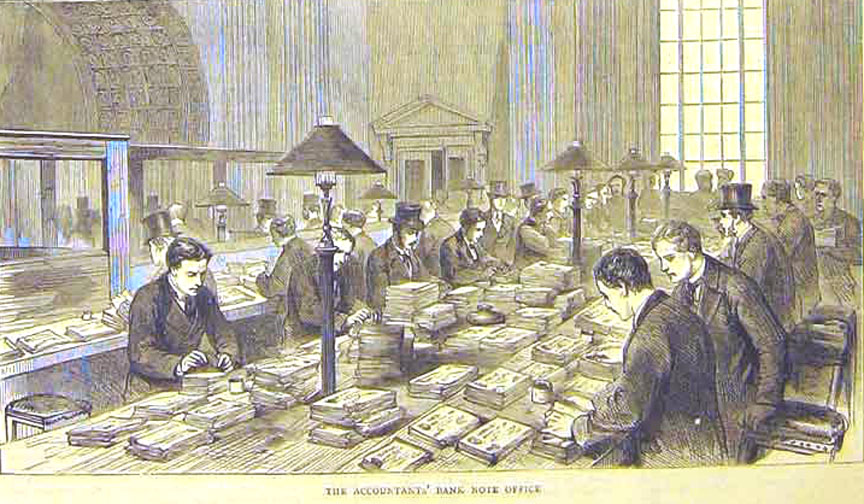
2/
3/
4/
5/
6/
https://t.co/dApCRKT9yj
7/
https://t.co/5pJBIfYkUN
8/
https://t.co/IdK92zx2sX
https://t.co/lmCAQfTXQv
9/
10/
11/
12/
13/
14/
https://t.co/4TII4dPMMp
15/
16/
17/
https://t.co/hpSWKt1ahr
18/
19/
20/
21/
22/
https://t.co/pmWMTNsPRp
23/
https://t.co/gDyvaKtkwZ
24/
https://t.co/GmcR3tDc8B
25/
26/
27/
28/
https://t.co/alNpNJ8PZw
29/
30/
31/
32/
33/
34/
https://t.co/niVePUyzgf
eof/
More from Cory Doctorow #BLM
Inside: Stop saying "it's not censorship if it's not the government"; Trump's swamp gators find corporate refuge; and more!
Archived at: https://t.co/7JMcAbaULj
#Pluralistic
1/
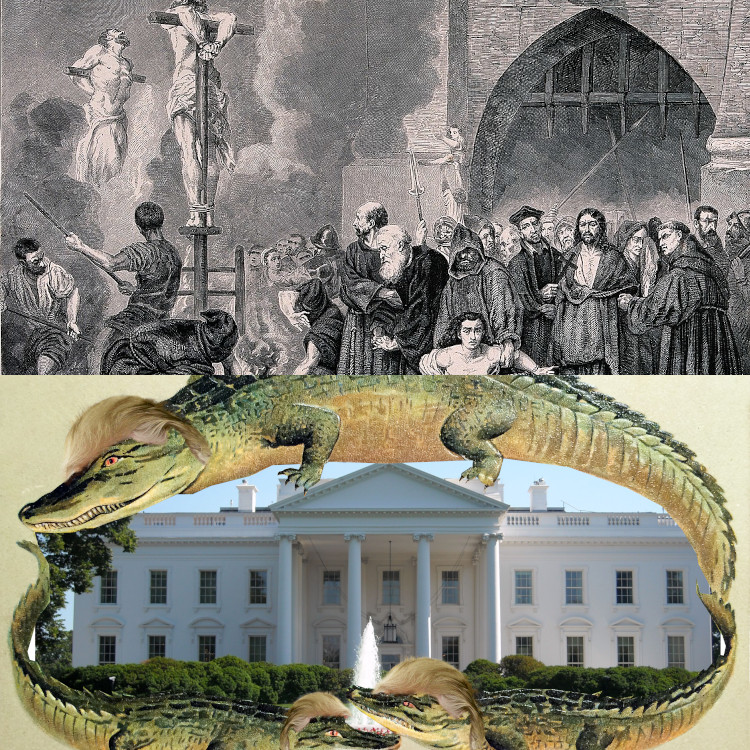
Monday night, I'll be helping William Gibson launch the paperback edition of his novel AGENCY at a Strand Bookstore videoconference. Come say hi!
https://t.co/k3fvBdqOK0
2/

Stop saying "it's not censorship if it's not the government": I didn't expect the Spanish Inquisition.
https://t.co/7I0MpCTez5
3/
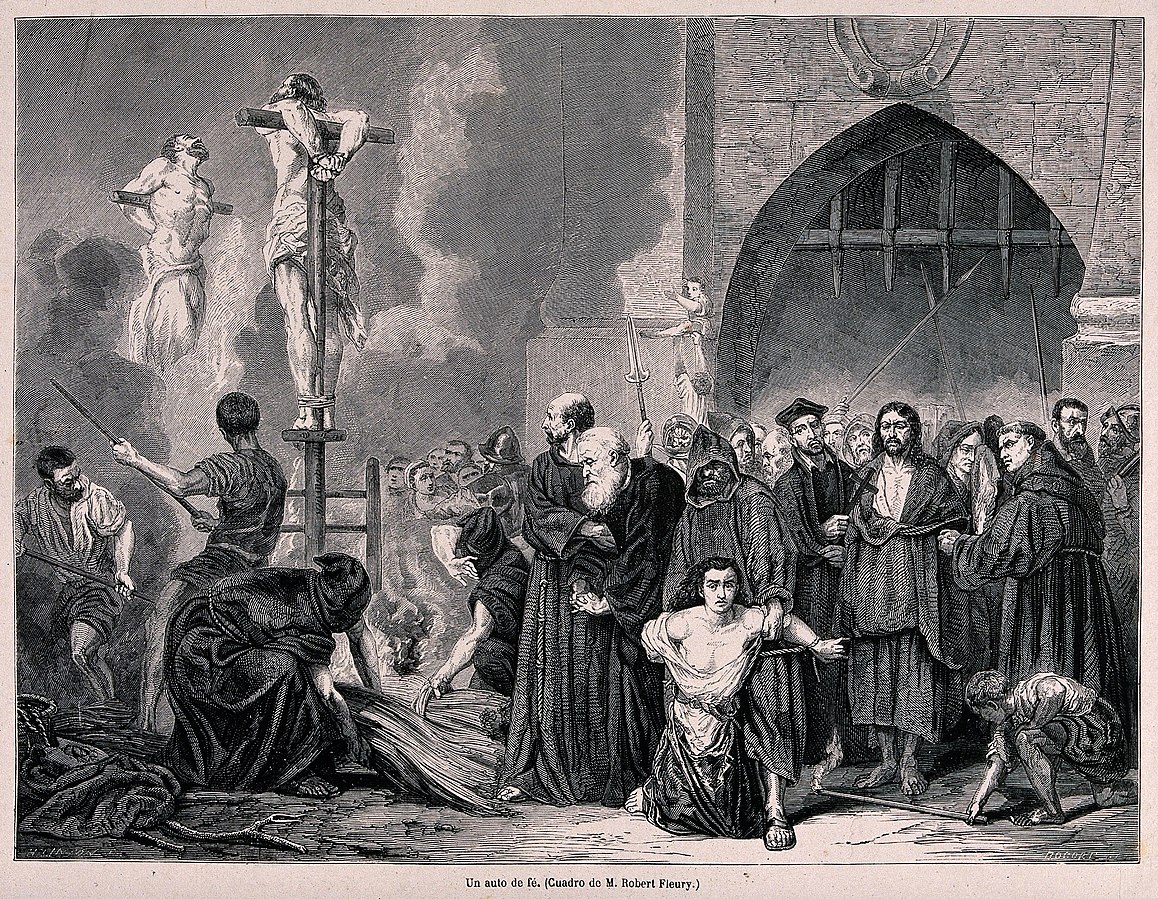
If you think "It's not censorship unless the government does it," I want to change your mind.
— Cory Doctorow #BLM (@doctorow) January 24, 2021
It's absolutely true that the First Amendment only prohibits government action to suppress speech based on its content, but the First Amendment is not the last word on censorship.
1/ pic.twitter.com/ycbLLDhtrd
Trump's swamp gators find corporate refuge: The Swamped project.
https://t.co/MUJyIOr2iw
4/
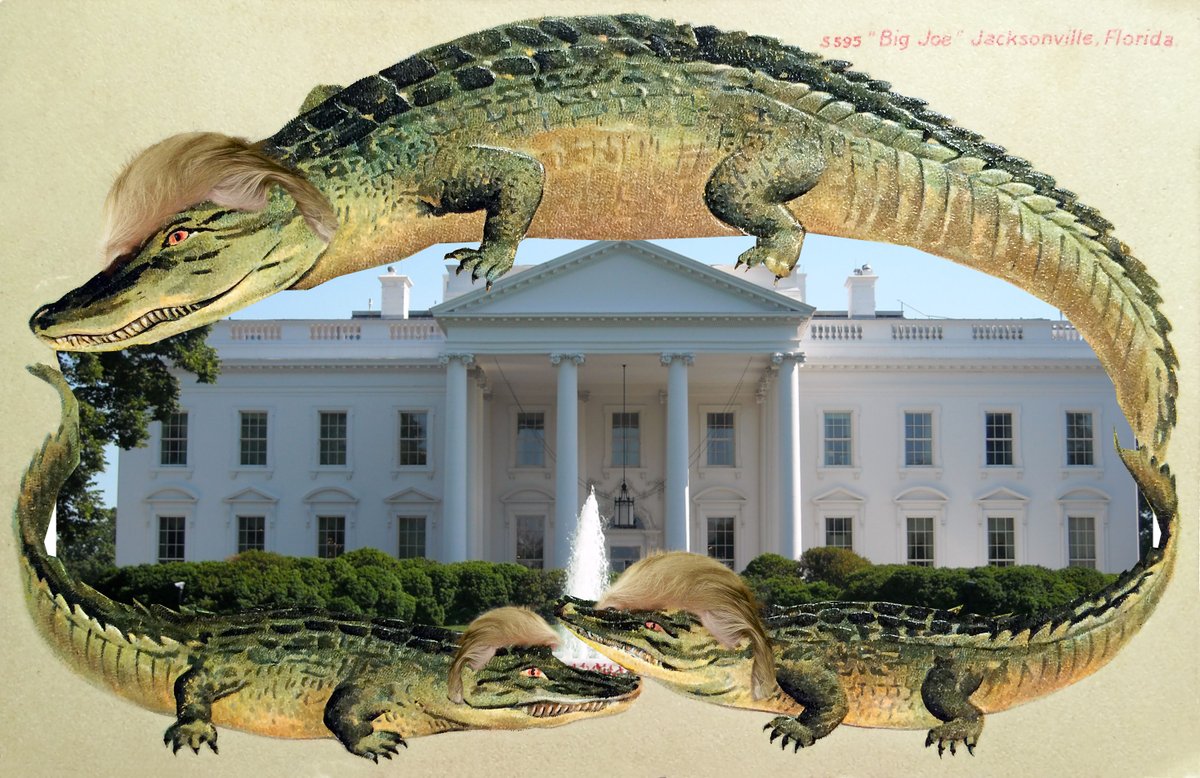
Have you seen the stories about how Trump administration officials and staffers for Ted Cruz are finding that no one in the private sector will hire them because they are forever tainted by their former bosses' disgraceful behavior?
— Cory Doctorow #BLM (@doctorow) January 24, 2021
They're bullshit.https://t.co/XvYDPpR9yd
1/ pic.twitter.com/VxisK4d8jV
#15yrsago A-Hole bill would make a secret technology into the law of the land https://t.co/57bJaM1Byr
#15yrsago Hollywood’s MP loses the election — hit the road, Sam! https://t.co/12ssYpV46B
#15yrsago How William Gibson discovered science fiction https://t.co/MYR0go37nW
5/

Inside: Mexican indigenous telco wins spectrum fight; How apps steal your location; Understanding /r/wallstreetbets; Knowledge is why you build your own apps; and more!
Archived at: https://t.co/6BOyhL3tEj
#Pluralistic
1/

Join me this afternoon for the launch of the print edition of my 2020 book HOW TO DESTROY SURVEILLANCE CAPITALISM!
https://t.co/8Op6IEocPB
2/
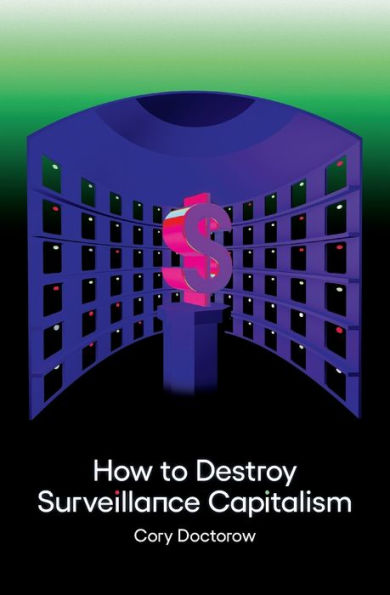
Mexican indigenous telco wins spectrum fight: First Nations treaties do not sign away electromagnetic franchises.
https://t.co/BBsxXuGQe3
3/

In the early 2000s, dramatic shifts in radio spectrum allocation for mobile data applications, combined with advances in radio transmission and receiving prompted some networking engineers to propose a radical rethink of radio.
— Cory Doctorow #BLM (@doctorow) January 27, 2021
1/ pic.twitter.com/o3sO4fNa5Z
How apps steal your location: A deep dive into the murky depths of surveillance markets.
https://t.co/mV7u2FYylT
4/

A new research report from @seanodiggity and @expressvpn in honor #DataPrivacyDay reveals the incredible extent of commercial location tracking hidden in everyday apps.https://t.co/eKRquZjxP7
— Cory Doctorow #BLM (@doctorow) January 28, 2021
1/ pic.twitter.com/vO1G4Ullvb
Understanding /r/wallstreetbets: More than a bull run, a symbiosis of a market maker and market destroyers.
https://t.co/7zr1N4vkjV
5/

There is no shortage of takes about what's going on with Gamestop (and other surging stocks), Robinhood and Reddit's r/wallstreetbets, many of them contradictory - at least on the face of them. But I think it's possible for most of these takes to be right. Here's how.
— Cory Doctorow #BLM (@doctorow) January 28, 2021
1/ pic.twitter.com/n9oBXu3MJW
More from History
You May Also Like
One thing I've been noticing about responses to today's column is that many people still don't get how strong the forces behind regional divergence are, and how hard to reverse 1/ https://t.co/Ft2aH1NcQt
— Paul Krugman (@paulkrugman) November 20, 2018
See this thing that @lymanstoneky wrote:
And see this thing that I wrote:
And see this book that @JamesFallows wrote:
And see this other thing that I wrote:
Decoded his way of analysis/logics for everyone to easily understand.
Have covered:
1. Analysis of volatility, how to foresee/signs.
2. Workbook
3. When to sell options
4. Diff category of days
5. How movement of option prices tell us what will happen
1. Keeps following volatility super closely.
Makes 7-8 different strategies to give him a sense of what's going on.
Whichever gives highest profit he trades in.
I am quite different from your style. I follow the market's volatility very closely. I have mock positions in 7-8 different strategies which allows me to stay connected. Whichever gives best profit is usually the one i trade in.
— Sarang Sood (@SarangSood) August 13, 2019
2. Theta falls when market moves.
Falls where market is headed towards not on our original position.
Anilji most of the time these days Theta only falls when market moves. So the Theta actually falls where market has moved to, not where our position was in the first place. By shifting we can come close to capturing the Theta fall but not always.
— Sarang Sood (@SarangSood) June 24, 2019
3. If you're an options seller then sell only when volatility is dropping, there is a high probability of you making the right trade and getting profit as a result
He believes in a market operator, if market mover sells volatility Sarang Sir joins him.
This week has been great so far. The main aim is to be in the right side of the volatility, rest the market will reward.
— Sarang Sood (@SarangSood) July 3, 2019
4. Theta decay vs Fall in vega
Sell when Vega is falling rather than for theta decay. You won't be trapped and higher probability of making profit.
There is a difference between theta decay & fall in vega. Decay is certain but there is no guaranteed profit as delta moves can increase cost. Fall in vega on the other hand is backed by a powerful force that sells options and gives handsome returns. Our job is to identify them.
— Sarang Sood (@SarangSood) February 12, 2020



















